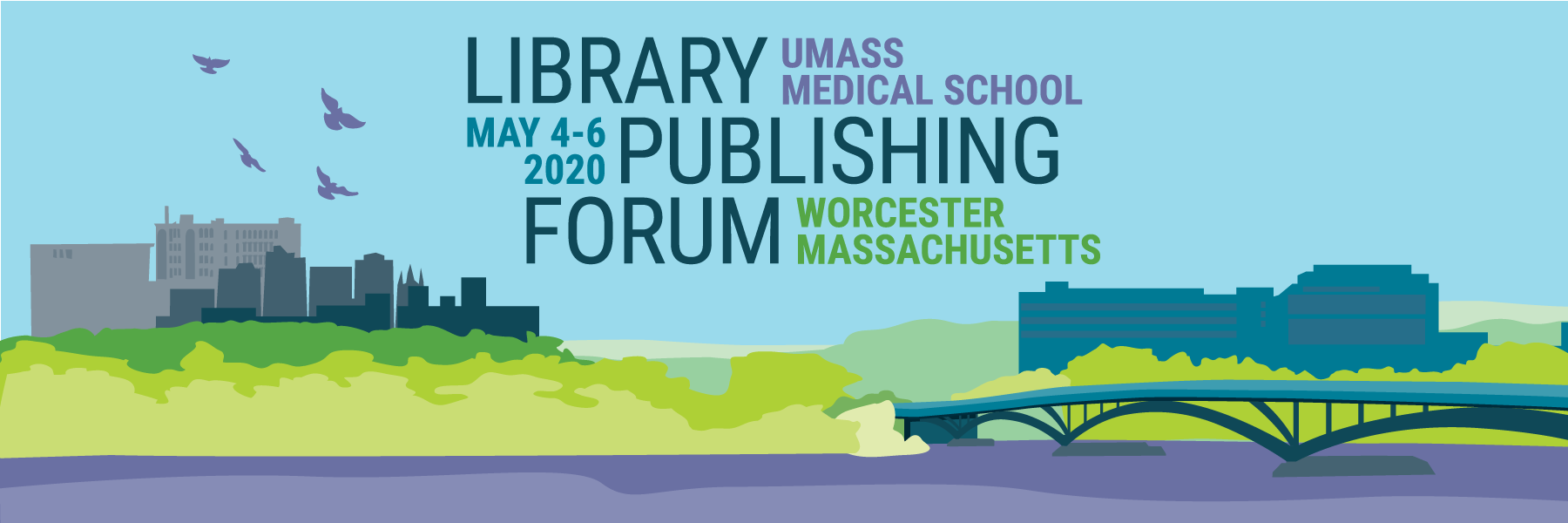Day: Wednesday, May 6, 2:45 PM to 3: 45 PM
Room: TBD
Serving the Niche: Choosing Monograph Production Workflows to Suit Library Publishing Needs
Presenters: Lauren Stachew, Michigan Publishing, University of Michigan; Patrick Goussy, Michigan Publishing, University of Michigan
Serving the Niche: Choosing Monograph Production Workflows to Suit Library Publishing Needs will outline various production workflows utilizing different resources and expertise: external production vendors, internal tools and partnerships, and collaborative publishing platforms, using example monographs from our open access Maize Books imprint. In examining our workflows, we will discuss determining a book’s complexity, associated production costs, and managing expectations and timelines.
We hope that this presentation will encourage other library publishers to consider operating their own service-based monograph publishing division. For libraries who already publish monographs, we hope that sharing our production workflows will be helpful in determining and/or streamlining their own workflows going forward.
Migrating Journals: Working with Editors
Presenter: Johanna Meetz, Pacific University
Description: In 2019 Pacific University migrated all journals published via Digital commons to Ubiquity Press’ journal publishing platform. This presentation will discuss that process, with a focus on working with faculty editors who are both located locally as well as across the country. It will focus on:
- Communicating with stakeholders about the migration, including journal editors (timing, testing the new platforms, and deciding when to go live)
- Training editors to use a new platform (this was a challenge because I never use the same features of the site as the editors do)
- Working with editors on site designs (some editors were very particular with the design, others were less invested and both present unique challenges)
- Working through growing pains (general dissatisfaction with platform idiosyncrasies)
In addition to these issues, I will also briefly discuss some of the more technical/logistical obstacles, like:
- How we chose to handle articles that were still in review in the old platform after the new platform went live
- How we chose to handle training for an editor who came on board as we were transitioning to the new platform
- Making changes to article templates (including cover sheets) to reflect new information (titles, websites, etc) of journals
